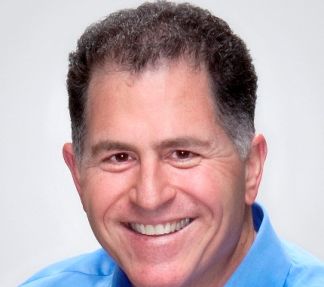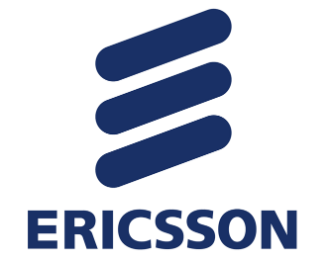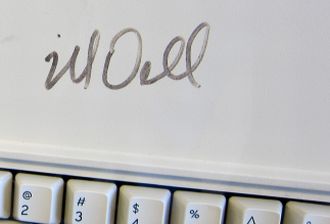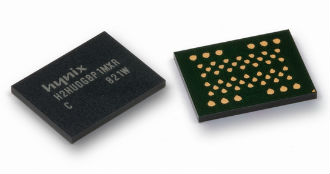 Smartphone wars are becoming rather predictable. Every quarter sales notch up and every quarter Samsung emerges as the big winner. The last quarter was no exception. However, growth is slowing as the market matures, although there is still plenty of room for growth in emerging markets.
Smartphone wars are becoming rather predictable. Every quarter sales notch up and every quarter Samsung emerges as the big winner. The last quarter was no exception. However, growth is slowing as the market matures, although there is still plenty of room for growth in emerging markets.
Worldwide phone sales totalled 426 million units in the first quarter, up 0.7 percent year-on-year. Smartphones saw a lot more growth, with sales totalling 2010 million units, up 42.9 percent from a year ago, according to a Gartner survey.
Sales of feature phones are down in all regions except Asia, while smartphones accounted for 49.3 percent of all phone sales worldwide, up from 34.8 percent in Q1 2012. At the same time feature phone sales contracted 21.8 percent.
“Feature phones users across the world are either finding their existing phones good enough or are waiting for smartphones prices to drop further, either way the prospect of longer replacement cycles is certainly not good news for both vendors and carriers looking to move users forward,” Gartner analyst Anshul Gupta said.
Samsung saw its market share go up from 21.1 percent to 23.6 percent. Apple also did well, growing from 7.8 to 9 percent, while Nokia’s share dropped from 19.7 to 14.8 percent. However, looking at smartphone sales, Samsung’s share was 30.8 percent, up from 27.6 percent. It was trailed by Apple at 18.2 percent, down from 22.5 percent. LG grabbed the bronze, with a 4.8 percent share. Huawei also had a good quarter, upping their share to 4.4 and 3.8 percent respectively and outperforming former heavyweights like Nokia, Sony and HTC.
Android is still the dominant mobile operating system, with a share of 74.4 percent, up from 56.9 a year earlier. Apple’s iOS share stands at 18.2 percent, down from 22.5 percent a year ago. Just so it wouldn’t look like a two-horse race, Blackberry is still in the game with a 3 percent share, down from 6.8 percent last year. Apparently BB10 did not make a huge difference. Windows Phone has a 2.9 percent share, up from 1.9 percent last year. It is growing, but at a painfully slow rate.
 A report claimed that Dell will announce results tomorrow that don’t match the expectations of financial analysts.
A report claimed that Dell will announce results tomorrow that don’t match the expectations of financial analysts.


















